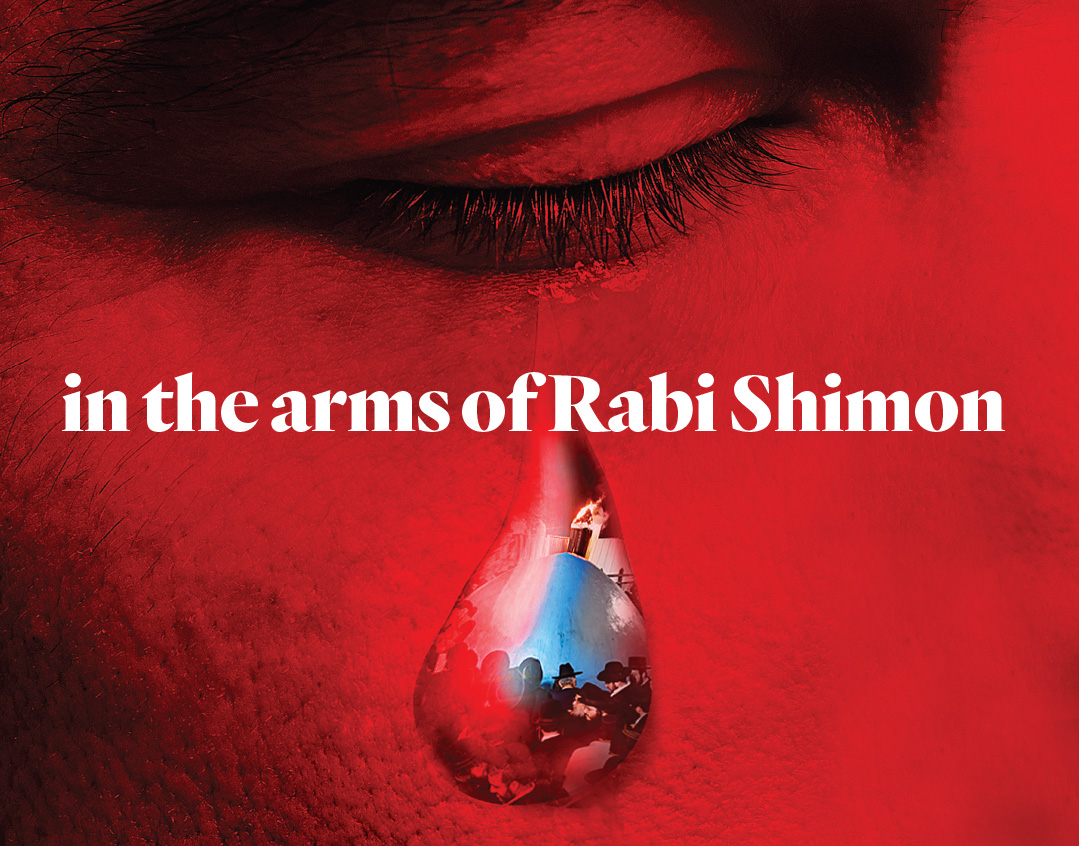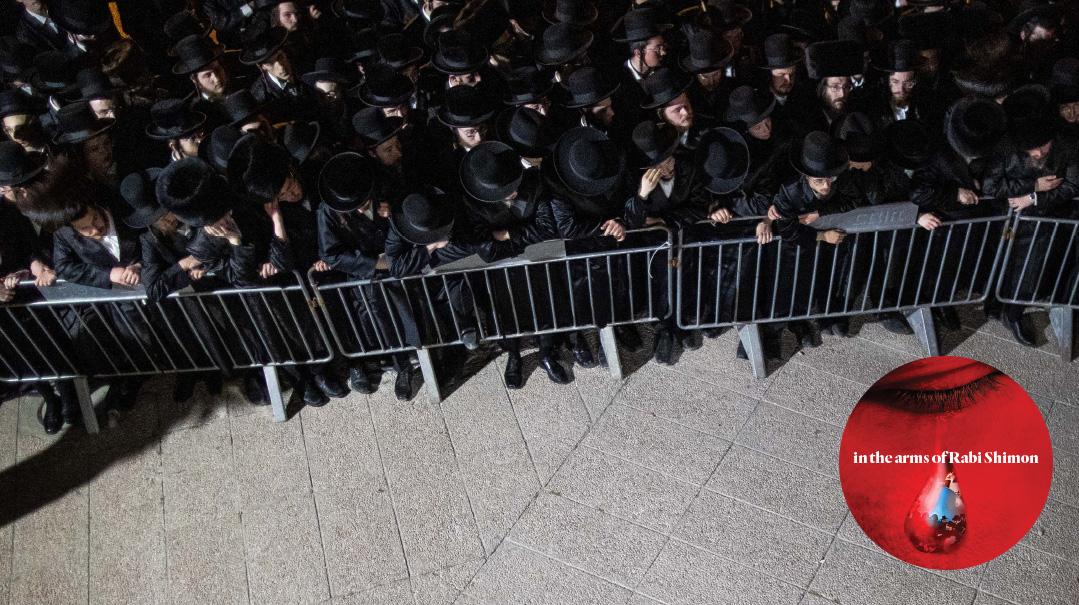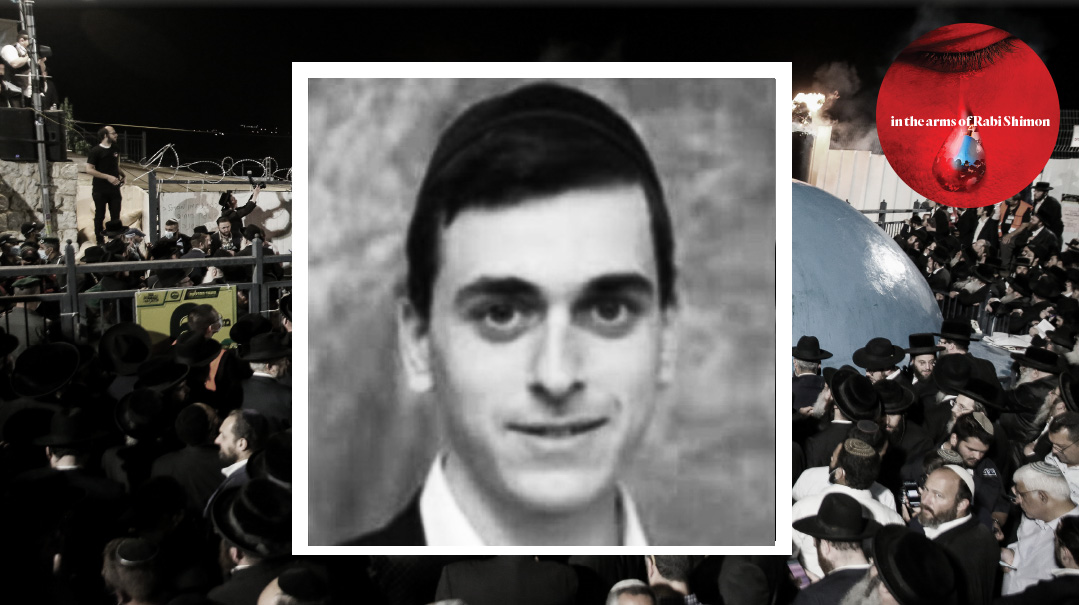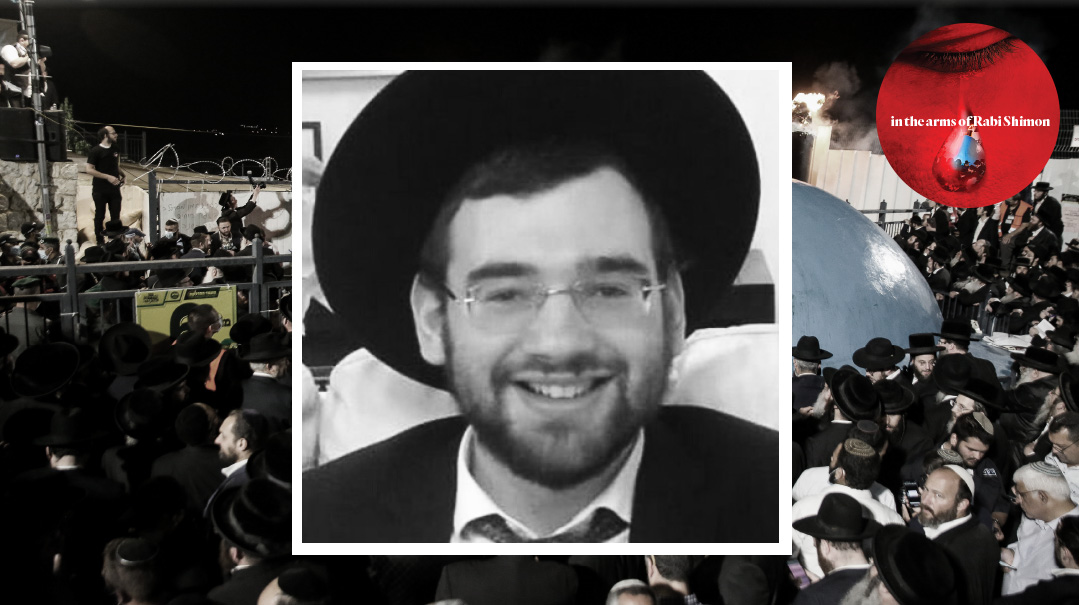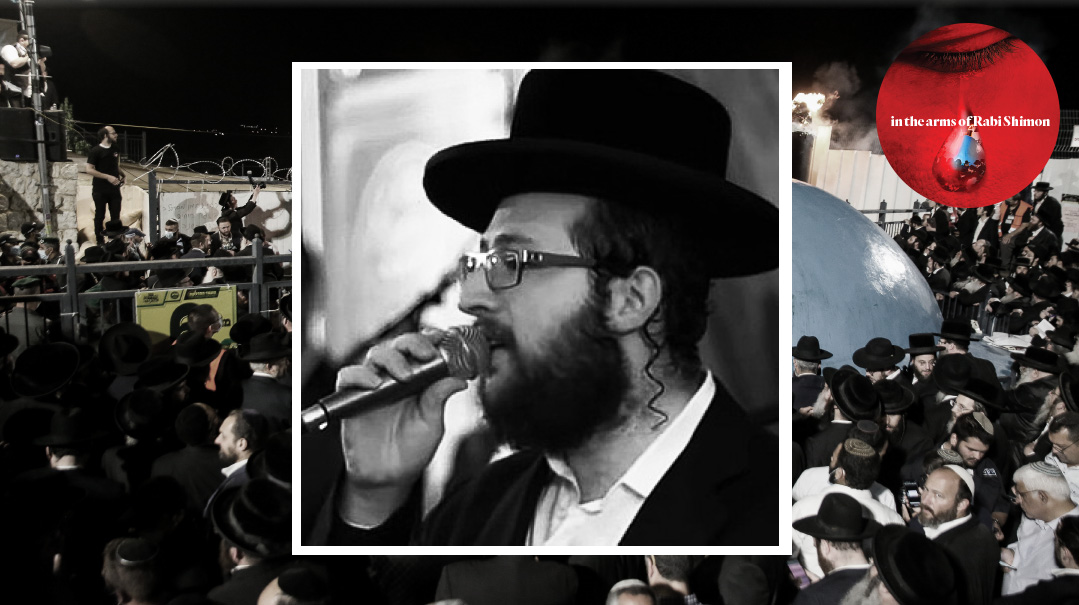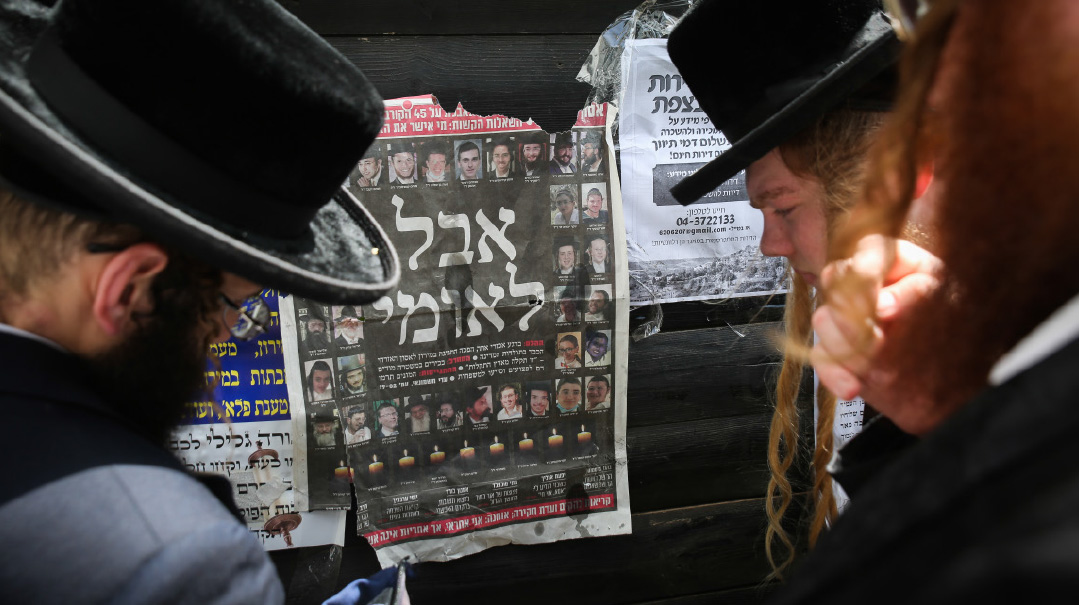Together in Tears

We are a nation in mourning, a nation united by what we’ve lost
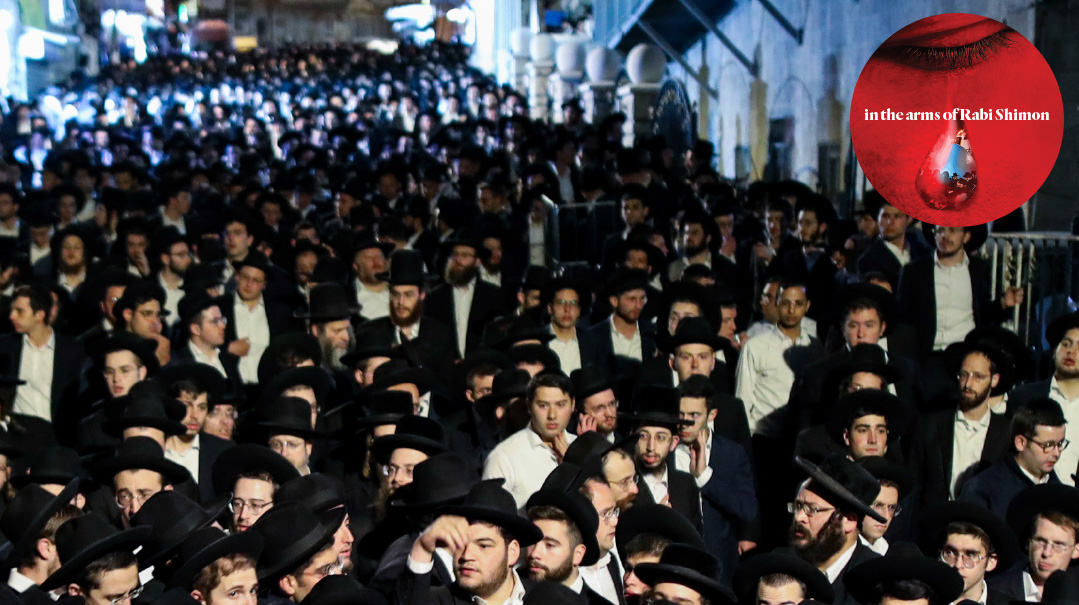
I was heading toward the bus stop when I saw a small cluster of people that had formed around a little girl, about six or seven years old. She was clearly not from my very chareidi neighborhood — oversized, short-sleeved T-shirt tucked into mini shorts perched atop knobby, fawnlike legs that wound down into sandals; a mass of untamed black curls framed her narrow face and tearstained cheeks.
“What happened, bubah?” asked an avreich, forty-ish, with a long black beard and his Gemara clutched at his side as he bent down to listen to her.
“Are you lost?” inquired a Sephardi savta, her face wrinkled with concern.
Between the tears, they managed to eke out her story. “You wanted the day camp on Louis Lipsky?” asked the prim and proper woman whom I’d pegged as a high school mechaneches or maybe principal. “That’s not over here, that’s Ramot Alef.”
A tall, broad, thuggish man, wearing the vest of an Egged inspector, bare arms tattooed up to his shoulders, swaggered over. “What’s going on here?” His eyes softened when he saw the girl. “What happened?”
One of the adults offered a hasty explanation, and he pulled out his phone. “Here, metukah, you know your ima’s number? Call her.”
Metukah called her mother and sobbed. The mechaneches/principal then took the phone and clarified the little girl’s destination. “Don’t worry,” she assured the mother. “One of us will take her there and make sure she gets there. I’ll call you.”
Once she’d hung up, they broke into a small squabble about who would escort her.
“I’m going in that direction anyway,” said the avreich.
“I have the time,” offered the savta, wrapping her arm around the hiccupping girl.
“I’m an Egged employee,” insisted the inspector, who no longer looked quite so thuggish. “It’s my job.”
My own bus arrived and I climbed on. As the bus pulled away, I turned my head back to catch one last glimpse of the scene. We’re a nation torn by My Type and Not My Type, riven by ideology and affiliation, yet for a few small moments, here we were, with one focus, united around a little girl.
And I wondered: Is it always going to take tears?
As I watch the Meron livestream, I note the tangible joy in the air, how everyone’s faces seem to glow. I remember last year’s Lag B’omer — we’d made a small fire on my porch in a disposable grill and my husband sang “Bar Yochai” with my boys, their thin voices echoing into the silence.
Tonight, I watch the undulating crowds jump, spin, sing, their eyes reflecting fire, light, joy. Lag B’omer — the night we rejoice in our brotherhood, the day we exult in the end of a terrible plague. After a long year of being alone — shuls closed, yeshivahs shuttered, even the Kosel plaza lying dormant — tonight it feels as though Hashem has gathered us in close. This feels so right, so restorative. The circles spin faster and faster, the songs on endless repeat, as we celebrate in His embrace.
Then at 1:30, I get the first text from my sister-in-law, who is in Meron to celebrate the upsheren of her oldest son. We’re ok but seems like something happened. Bleachers collapsed, 4 ppl niftar. Tehillim needed.
It can’t be. And yet it is, and as the night wears on, the news grows only worse. The toll mounts. So many casualties, so many wounded. I hold my breath, scroll, refresh my email, check in with friends. None of us can sleep. None of us can breathe. The news is incompressible, impossible. Unfathomable.
And yet, somehow, the next morning it is even worse.
There’s no way to process the enormity of the loss, the tragedy. Children, teenagers, fathers… gone. I check and recheck the news, unfocused, disbelieving. Outside people wander, shuffle their feet, make eye contact, only to break it and look down at the ground. Last night, we were ensconced in His embrace. Today it feels as though we’ve been shoved away, and we stumble, reeling, choking for air.
Instead of blaring the usual Lag B’omer medley of “Bar Yochai” and “Amar Rabi Akiva,” the local frum stations play plaintive tunes, melodies of mourning. News sites bear somber headlines, their feeds constantly updated with heartbreaking details as we learn the magnitude of the tragedy. There are statements from politicians worldwide, tweets from Israelis across the spectrum. In Tel Aviv’s Rabin Square, that bastion of secularity, hundreds of chiloni Israelis wait for hours to donate blood.
There is little pointing of fingers. There is little talking, even. There’s nothing to say. Voices trail, messages are short. Thinking of you. Baruch Dayan Ha’emes. No words.
Today, the articles blaming chareidim for their mass gatherings or accusing this politician of that negligence are missing or half-hearted. The blame game may come, but for now, even the brief forays into cause and fault soon trail off. News sites slowly begin releasing the names of those killed, and each announcement is met with reverence and heartbreak. There is no room for anger or attack.
We are a nation in mourning, a nation united by what we’ve lost.
And as I scroll through the list of names that I can barely read through the haze of tears, I wonder: Shouldn’t there be a better way?
(Originally featured in Mishpacha, Issue 859)
Oops! We could not locate your form.







